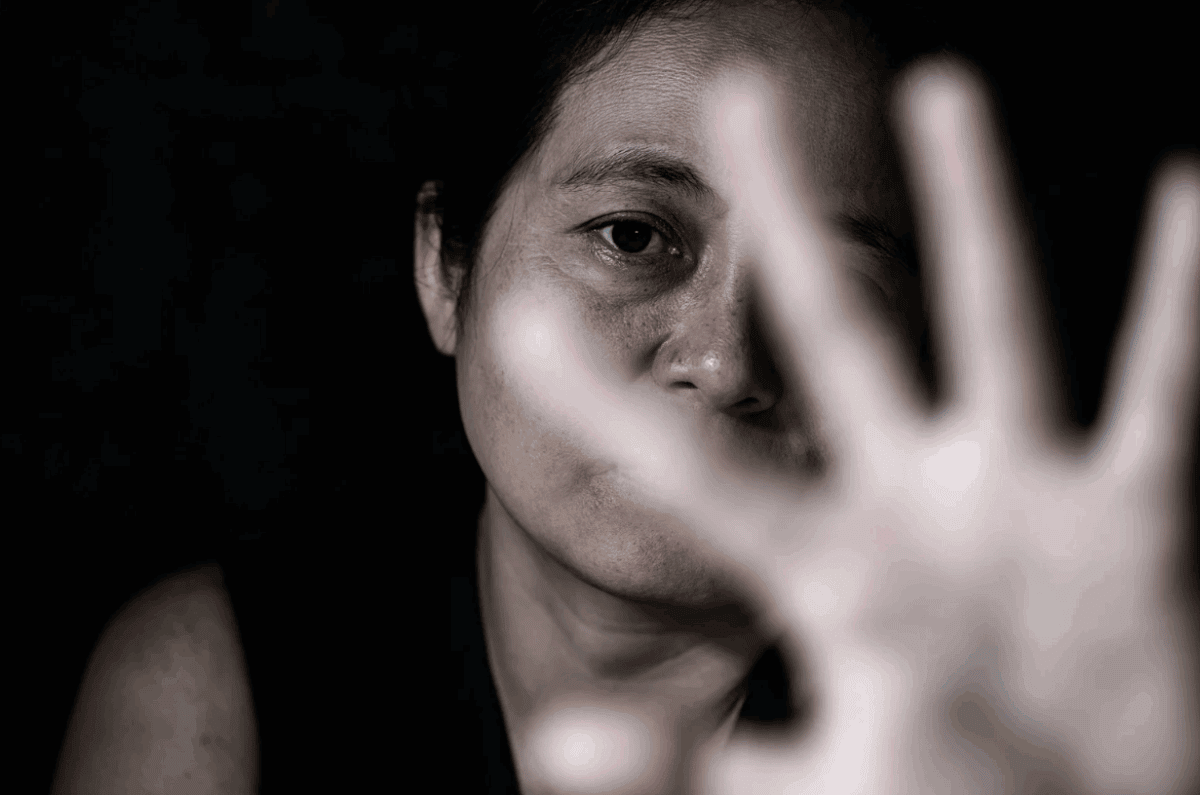Do you understand how sexual assault affects the mental health of individuals throughout Colorado?
The statistics reveal alarming trends while mental health effects extend far beyond what we might expect. Since one-third of Coloradans experience sexual violence throughout their lives the state’s mental health problem grows increasingly severe each year.
Colorado finds its support systems for sexual assault recovery combined with mental health treatment dangerously overstretched. For anyone who has experienced sexual assault or knows someone who has it becomes essential to understand how trauma links to mental health conditions.

What We’ll Cover:
- The Current Sexual Assault Landscape in Colorado
- How Sexual Trauma Impacts Mental Health
- Finding Help: Resources and Support Options
- Colorado’s Legal Framework and Victim Rights
- Breaking the Cycle: Prevention and Education
The Current Sexual Assault Landscape in Colorado
The occurrence of sexual assault across Colorado continues to rise and the statistics reveal a grim situation.
Recent statistics show that a third of Coloradans will become victims of sexual violence during their lives while 80% of these incidents happen before they turn 25. Experiencing trauma during early life generates long-term effects that continue to shape mental health across multiple decades.
And you might be surprised to learn…
These numbers don’t exist in isolation. Colorado faces a deepening mental health crisis as more than 25% of residents disclosed poor mental health in 2023 which marks the highest rate recorded by Colorado’s Health Access Survey.
Intimate partner violence statistics reveal that 36.8% of women and 30.5% of men experience physical violence or sexual violence or stalking from an intimate partner. Multiple traumatic experiences build complex trauma layers which demand specialized mental health services.
When seeking help after a sexual assault, consulting with a sexual assault defense attorney in Denver, CO is often a crucial step that victims take to understand their legal options while beginning their path toward healing. Legal professionals assist with the complicated balance between criminal justice procedures and personal healing while offering practical advice and connecting survivors to suitable mental health services.
How Sexual Trauma Impacts Mental Health
Survivors of sexual assault experience psychological consequences that permeate every part of their lives. Mental health consequences of sexual trauma present significant challenges that tend to persist for extended periods.
Survivors of sexual assault frequently experience a series of mental health issues because their brains react to trauma in this way.
- PTSD features flashbacks and nightmares along with severe anxiety that survivors experience for extended periods.
- Depression shows through lasting emotions of sadness combined with feelings of worthlessness and hopelessness.
- Anxiety disorders manifest as ongoing fear and repeated panic attacks combined with hypervigilance.
- Substance abuse manifests as individuals consume alcohol or drugs as a means to deal with difficult memories.
- Suicidal thoughts manifest as a belief that life holds no value or purpose.
The ongoing deterioration of Colorado’s mental health crisis is illuminated by these mental health impacts. Despite needing professional mental health support many sexual assault survivors remain untreated because 17% of Coloradans (880,000 people) cannot access mental health care services in 2023.
Effective intervention opportunities usually present themselves during a brief time frame. Survivors benefit from better long-term mental health results when they obtain timely appropriate care following an assault. Colorado’s limited mental health resources result in extended waiting periods for treatment among sexual assault survivors.
Finding Help: Resources and Support Options
Survivors of sexual assault in Colorado need to know where to access help for their situation. The mental health system faces numerous obstacles yet maintains specific resources for support.
Survivors of sexual assault can access Colorado’s sexual assault hotlines at any time because they deliver confidential support alongside information and referrals. After traumatic events these services provide essential support that can save lives.
Colorado provides various specialized options for continuous mental health support.
- Trauma-focused therapy incorporates evidence-based treatment methods such as EMDR and CPT.
- Support groups enable survivors to meet others who share their experiences
- Victim advocacy programs offer assistance with navigating healthcare and legal system processes.
- Telehealth services enable individuals in remote locations to receive mental health assistance through distance communication methods.
Multiple health insurance plans throughout Colorado provide coverage for mental health services which help with sexual assault recovery. The Mental Health Parity law mandates that insurance companies must offer identical coverage for mental health services as they do for physical health services.
Colorado’s Legal Framework and Victim Rights
Knowledge of Colorado’s sexual assault laws plays a key role in prevention measures and recovery processes. Colorado developed specialized protections for victims which incorporate mental health services.
Through its Victim Rights Act Colorado has established specific protections for survivors of sexual assault. These rights include:
- Survivors have the entitlement to experience fair treatment while receiving respect and dignity from all parties involved.
- Sexual assault survivors have the right to receive updates on the status of their case.
- Survivors possess the right to attend major stages throughout the criminal justice proceedings.
- Sexual assault survivors are entitled to both monetary compensation and the opportunity to express their views during the sentencing phase.
Firearm violence combined with intimate partner violence generates more profound trauma for victims in Colorado. The majority of intimate partner violence deaths in 2021 involved firearms at 81%, while 72% of the perpetrator fatalities resulted from suicide. The lethal relationship among sexual assault, domestic abuse, and gun violence demonstrates the complicated trauma network that survivors must endure.
Children and young adults exhibit heightened vulnerability during these traumatic events. The data reveals that seven fatalities occurred among individuals under 21 years old in the 91 IPV deaths of 2021 demonstrating how violence impacts multiple generations.
The healthcare system challenges in Colorado serve to intensify these existing problems when viewed from a wider perspective. The percentage of adults who received disrespectful treatment in healthcare settings reached 7.1% (296,000 individuals) in 2023 which represented twice the rate of 2021 and the main issues included age, race and disability.

Breaking the Cycle: Prevention and Education
Improving mental health outcomes and preventing sexual assault demands a comprehensive approach that includes multiple strategies. Colorado has started to put multiple promising strategies into action to tackle both problems at once.
Education forms the foundation of prevention efforts. Colorado schools now teach their students about boundaries and respect through expanding healthy relationship programs that include consent education.
Community-based intervention programs are also essential. These include:
- Bystander intervention training teaches individuals methods to safely step in during potentially dangerous situations.
- Trauma-informed workplace policies establish safe spaces where survivors receive support.
- Mental health first aid involves instructing community members on identifying and managing mental health emergencies.
Significant gaps persist in prevention and response systems despite ongoing efforts. The statistics tell the story: The link between firearms-related deaths and IPV homicides demonstrates a 17.9% (2016-2020) firearm death rate and 15% homicide occurrence through intimate partner violence which calls for more effective solutions.
Wrapping Up: The Path Forward
Survivors of sexual assault need support systems beyond just processing their immediate trauma. The goal should be to establish mental health support systems that enable survivors to recover over extended periods.
Survivors should remember they have support around them. The system has challenges yet mental health care resources exist and numerous organizations are dedicated to improving access for sexual trauma survivors.
Colorado stands to improve its prevention approaches and support networks by tackling sexual assault incidents alongside mental health issues together for enhanced survivor rehabilitation and wellness.


